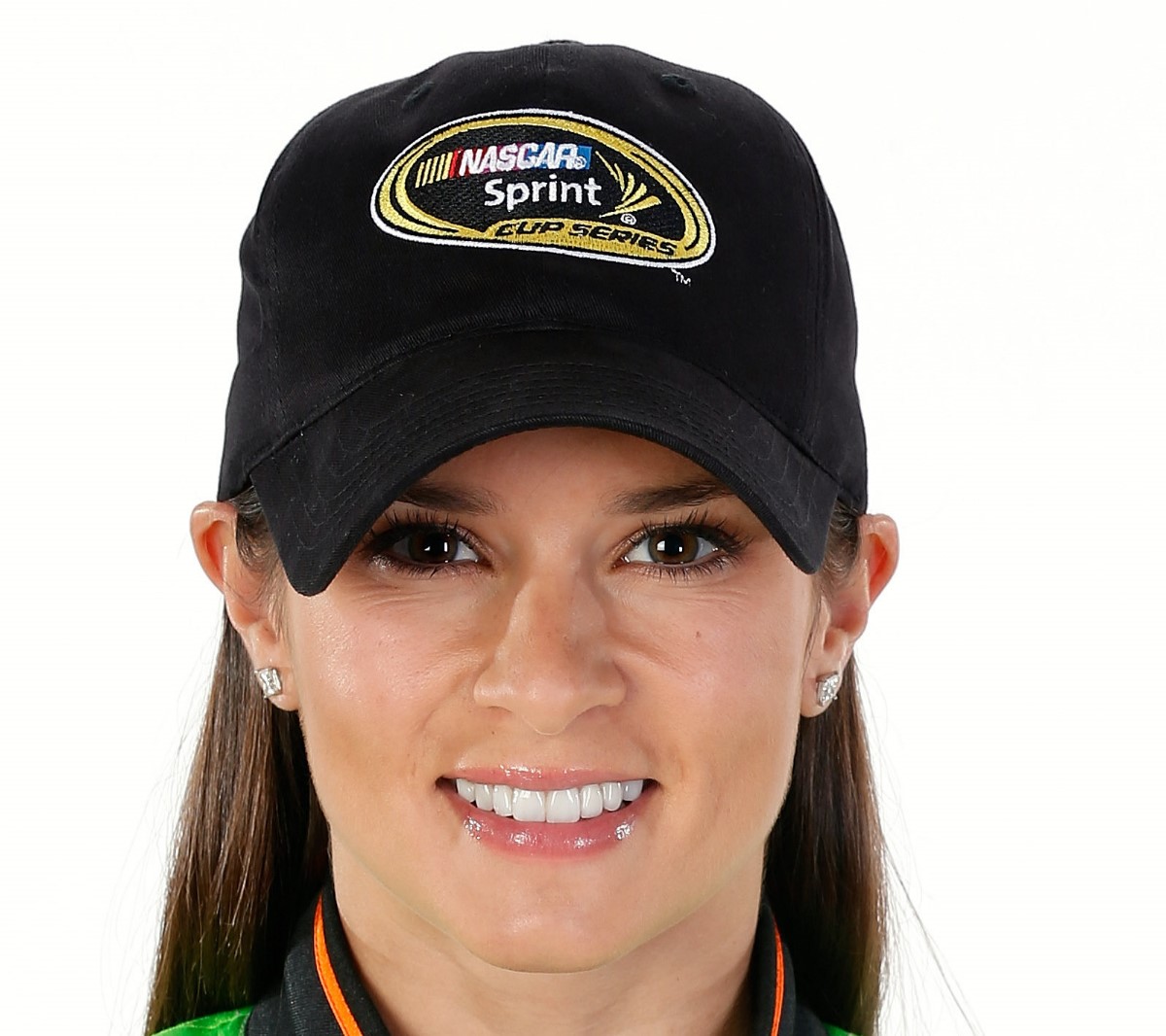Earnhardt who? Danica-mania in high gear at Daytona
 |
| Danica Patrick, the greatest driver in NASCAR history, is taking the sport to new heights. She is the star and Dale Jr. is now just a distant memory. Will she someday surpass Richard Petty's 200 wins and be known as 'The Queen'? |
The marketing machine at NASCAR has been busier than normal the past 24 hours.
They can thank Danica Patrick for that.
Since Sunday, when the 30-year-old Stewart-Haas Racing driver won the pole for the Daytona 500 — the first time a woman has earned the top spot in a Sprint Cup race — there has been a significant spike in interest in the sport.
From ABC's "Good Morning America" to "CBS This Morning" to CNN, Patrick's accomplishment was everywhere Monday. She is scheduled for another round of national shows Tuesday, including ESPN's "Pardon the Interruption."
There is increased interest in Las Vegas as well, as Patrick's odds of winning the Daytona 500 dropped from 66-1 to 18-1, according to Bovada online gambling.
And NASCAR is capitalizing on all the attention.
"Just the sheer volume of media requests we've received … it's staggering to see the breadth of requests, from sports, non-sports, national media, smaller media," said Steve Phelps, NASCAR's chief marketing officer. "It's pervasive and that obviously bodes well for pre-promotion of our racing.
"The great thing is we're not just in sports conversations. We're in a much broader conversation going to places we normally are not."
You can find it everywhere, even on Twitter where former NFL quarterback Donovan McNabb sent Patrick a congratulatory message — though he had his wires crossed thinking Patrick won the Daytona 500 and not the pole.
"Congrats to the Illinois native Danica Patrick on her win today. The first female to win in a big race with this magnitude. Big win," McNabb tweeted.
But you get the picture. The sport is reaching people it typically doesn't.
This is significant to NASCAR's effort to grow its fan base and reach a younger demographic, the 18- to 34-year-old age group that has declined in recent years.
"It's very important," Phelps said. "We've got something we call an industry action plan we have in place. One of the key things is to grow new segments. You want to be diverse and get younger. She helps in both places." espn.com
